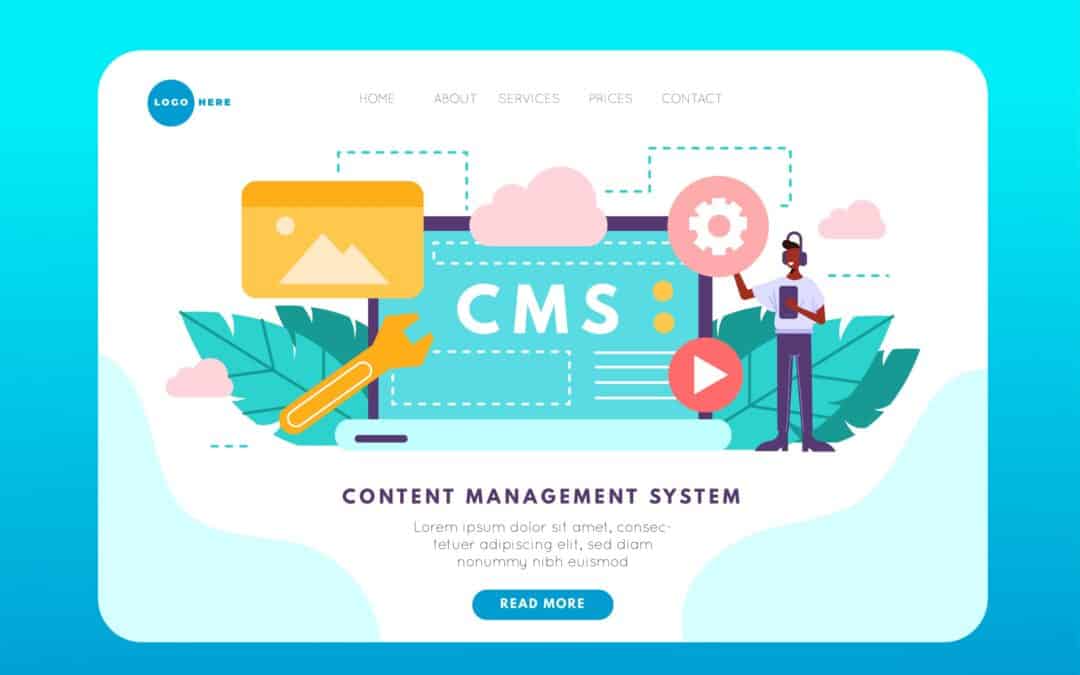In today’s age of workflow automation, repetitive manual tasks get handed off to tools and systems, leaving you more time to focus on the exciting parts of running your business. But let’s back up a bit. What is workflow automation? Why does everyone from small business owners to global corporations rave about it? And more importantly, why should you care to include it in your business process management?
What Is Workflow Automation?
Workflow automation solution is the business process of using technology to perform tasks or processes with minimal human intervention. Essentially, it’s about letting the machines take over series of tasks so you can focus on the big picture.
Think of it as your digital assistant. Instead of manually responding to emails, updating spreadsheets, or tracking customer orders, workflow automation tools do the heavy lifting for you.
Imagine someone fills out a form on your website to schedule a consultation. Instead of sending them a confirmation email manually, an automated system can handle it for you. It doesn’t stop there—it can also schedule the appointment, notify your team, and send reminders.
Why Should You Care About Workflow Automation?
Still not convinced? Here’s why you need to automate workflows:
1. Saves Time (A Lot of It)
According to a study by McKinsey, 60% of all occupations have at least 30% of activities that could be automated. Imagine the hours you could reclaim by automating those pesky, repetitive tasks!
For example, if your business processes 50 customer inquiries a day, automating responses could save you up to 20 hours a week. That’s time you can spend on strategizing, growing your business, or simply relaxing.
2. Reduces Errors
Let’s be real— human error is inevitable. Ever forgotten to send an important invoice or entered the wrong data in a spreadsheet? When you use workflow automation, that risk drops significantly.
Automated tools work based on pre-set rules, so there’s no “Oops, I missed that email” moment.
3. Boosts Productivity
With tasks like data entry, social media posting, or inventory tracking handled by automation, your team can focus on what really matters—delivering value to your customers.
An analytics that discussed how business benefit from workflow automation found that businesses that automate workflows report being 61% more efficient.
4. Scalability Without the Headache
As your business grows, managing increased workloads manually can be overwhelming. When you automate workflows, it makes scaling easier. Tools grow with you, handling tasks for hundreds (or thousands) of customers just as efficiently as for a handful.
Simple Examples of Workflow Automation
Here are some practical examples to show how business process automation works its magic:
1. Automating Email Responses
Imagine using a workflow automation software to set up an automated email sequence that welcomes new subscribers to your newsletter, shares valuable tips, and even pitches your services—all while you sleep.
Tools to try:
- Mailchimp
- ActiveCampaign
2. Social Media Scheduling
Posting consistently on social media can be a headache. Use tools like Buffer or Hootsuite to schedule posts weeks in advance, ensuring your audience stays engaged even when you’re too busy to log in.
3. Order Tracking Made Easy
Online stores can use automation to update customers on their order status. The moment someone places an order, they receive a confirmation email. When it ships, they get tracking info—all automated.
Tools to try:
- Shopify
- ShipStation
4. Lead Management
Say goodbye to the chaos of tracking potential customers manually. Tools like HubSpot automatically organize leads, score them based on their engagement, and even assign tasks to sales reps for workflow management.
How Workflow Automation Helps Small Businesses Work Smarter
Small businesses often juggle a lot with limited resources. Workflow process automation acts like an extra set of hands, taking over routine work. Here’s how:
1. Streamlines Communication
No more “Did I reply to that email?” worries. Automated email systems ensure timely responses and follow-ups.
2. Simplifies Employee Onboarding
New hires? Workflow automation can help guide them through the onboarding process—sending welcome emails, sharing company policies, and even scheduling training sessions.
3. Manages Finances
Accounting workflow software like QuickBooks or Xero automates invoicing, payment reminders, and financial reporting. Say goodbye to crunching numbers at midnight!
Advice: How to Get Started with Workflow Automation
You’re probably thinking, “This sounds great, but where do I start?” No worries—I’ve got you.
1. Start Small
Begin by automating one or two repetitive tasks. For example:
- Automate sending thank-you emails to customers.
- Set up auto-reminder notification for unpaid invoices.
2. Choose the Right management Tools
Pick the right management software that fit your business needs. Popular ones include:
- Zapier: Connects apps and automates workflows without coding.
- Trello: Automates project management.
- Calendly: Schedules meetings without the back-and-forth emails.
3. Map Out Your Workflow
Take time to visualize the processes you want to automate. For example:
Manual process: A customer places an order → You process it manually → Send shipping confirmation.
Automated process: Customer places an order → Automation software processes it → Shipping confirmation sent automatically.
4. Test, Adjust, Repeat
Automation isn’t a “set it and forget it” deal. Test your workflows to ensure they’re running smoothly. Tweak them as your business grows and changes.
Real-Life Examples of Businesses Winning with Automation
Let’s look at how real businesses have embraced workflow automation:
- Domino’s Pizza: Their “Domino’s Tracker” uses automation to update customers on every stage of their pizza order. It’s simple, efficient, and keeps customers happy.
- Airbnb: Automates guest communication, from booking confirmations to check-in instructions.
- Your Favorite Local Bakery: Uses Instagram scheduling tools to keep followers engaged with mouthwatering posts.
Why Workflow Automation Isn’t Just for Big Companies
You don’t need to be a tech giant to reap the benefits of automation. Small businesses can use it to level the playing field.
84% of small business owners say automation helps them run their business better and compete with large business.
Automation doesn’t replace humans; it empowers them. It lets you work smarter, not harder, so you can focus on what you do best—whether that’s baking cupcakes or designing websites.
Final Thoughts
So, why should you care about workflow automation? Because it’s not just about saving time or reducing errors—it’s about reclaiming control.
Let’s say:
- Your mornings start with coffee, not inbox chaos.
- Your team is focused on innovation, not busywork.
- Your customers rave about how responsive and professional your business is.
The tools are out there, waiting to make your life easier. Don’t just work harder; work smarter. Give workflow automation a try—you’ll wonder how you ever lived without it.
As the saying goes, “Work smarter, not harder.”
Now, over to you—what’s the first task you’re going to automate?





